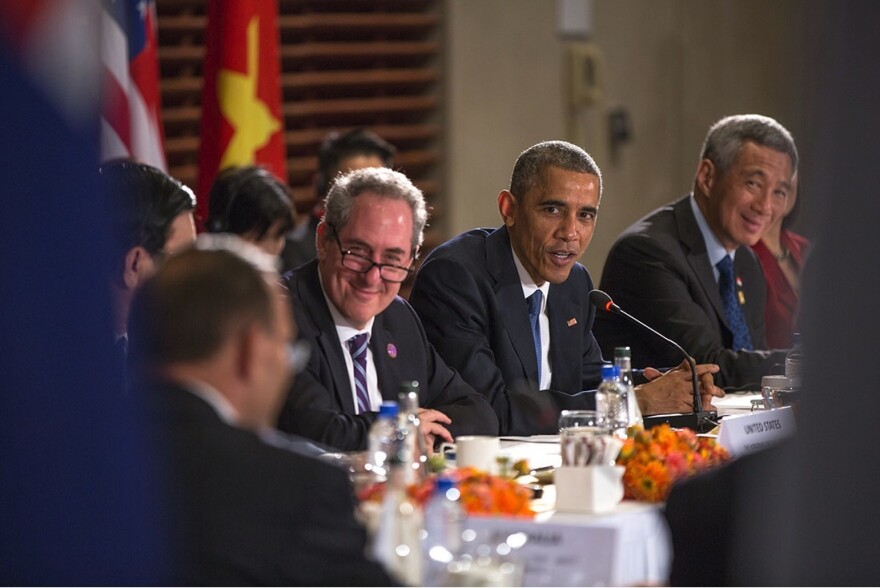After five years of negotiations, the Trans-Pacific Partnership is getting closer to being presented to Congress and labor, manufacturing and government watchdog groups maintain the results could be disastrous. The TPP is a massive international trade agreement between the United States and 11 other nations. Dale Cox, the president of the American Federation of Labor and Congress of Industrial Organizations in Utah, also known as the AFL-CIO, said the major concerns are that the negotiations have been secret, and the president wants to fast-track the deal.
"I think they're more negotiating to send work offshore than to bring work here," Cox said. "And we don't know because they're closed. I don't do that, and neither does anybody else."
If fast-track authority is approved, Congress would have to vote on the 1,200-page bill with limited debate, and without the ability to make amendments.
Supporters argue fast-track gives the president leeway in negotiations. But because the agreement covers trade deals that represent about 40 percent of the global economy, Cox said more transparency is critical. He said it appears that TPP may be a good deal for other nations, but not the U.S.
"I think it will be a negative affect for Utah and the nation as a whole," Cox said. "Because of the export of manufacturing jobs and the support jobs that go with those manufacturing jobs."
Supporters say the agreement will be a boon to international trade, but opponents like Cox, counter that it will undercut local jobs and manufacturing.


